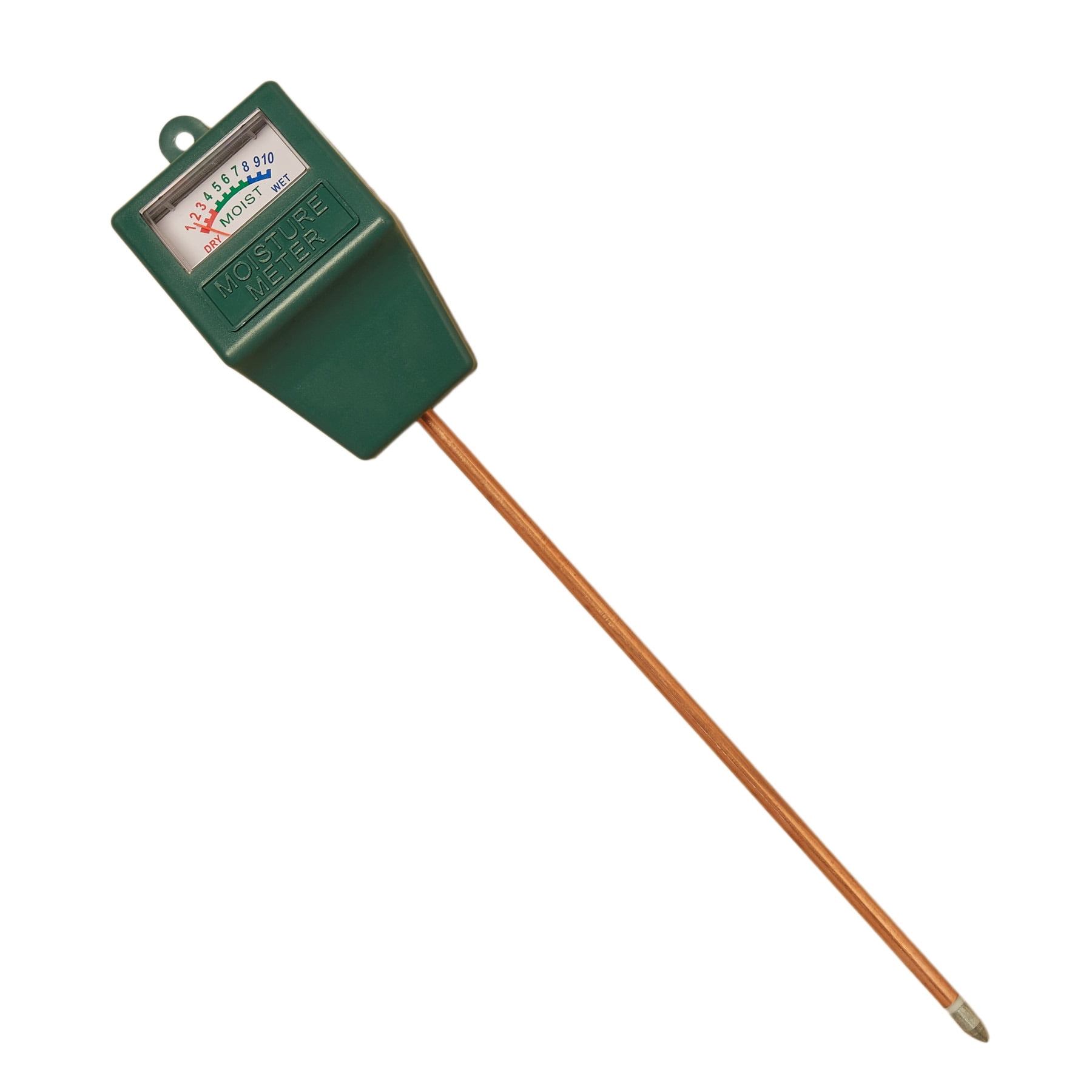The Ultimate Overview to Picking the Right Moisture Meter for Your Demands
Wiki Article
The Ultimate Overview to Wetness Meters: A Comprehensive Introduction and How They Can Save You Cash
Dampness meters offer as vital tools in identifying and monitoring moisture material in products, aiding in stopping costly damages and making certain the top quality of products. Recognizing the nuances of different kinds of moisture meters, their applications, and the prospective cost-saving advantages they provide can be a game-changer for services and experts alike.Sorts Of Moisture Meters
Different sorts of wetness meters are readily available for different applications in different markets. One usual type is the pin-type dampness meter, which measures the electrical resistance in between two pins placed into a product. This kind appropriates for timber, drywall, and various other building materials. Pinless moisture meters, on the various other hand, usage electromagnetic sensor plates to check a larger location without creating damage to the product's surface. Moisture Meter. These meters are suitable for promptly evaluating dampness degrees in huge locations such as floors and walls.
Moreover, there are also specialized wetness meters designed for particular products like grain, hay, or soil. These meters supply exact dampness readings customized to the special homes of the product being examined. Infrared moisture meters gauge the thermal homes of a product to identify its dampness material non-invasively, making them useful for applications where pin or pinless meters might not be appropriate. Understanding the various types of wetness meters available can assist sectors select one of the most suitable device for their specific dampness measurement requirements.

Advantages of Using Dampness Meters
Wetness meters supply vital advantages in properly assessing and keeping an eye on dampness degrees in varied materials and atmospheres (Moisture Meter). Among the primary benefits of making use of dampness meters is the prevention of possible damages caused by excess moisture. By identifying and attending to high dampness levels early on, moisture meters help to avoid mold growth, rot, and architectural damage in buildings, saving both time and money on fixings. Additionally, wetness meters help in making sure the quality of materials throughout building or production processes. By accurately gauging wetness material, these tools help preserve the stability of timber, drywall, concrete, and various other products, decreasing the risk of issues or failings.
In addition, making use of moisture meters can result in raised power performance. By recognizing locations with high moisture degrees, try these out such as leaks or bad insulation, adjustments can be made to enhance power conservation and lower utility costs. In farming setups, dampness meters play an essential function in enhancing crop returns by making it possible for farmers to check dirt dampness levels and make notified irrigation choices. Generally, the advantages of making use of dampness meters extend across numerous industries, providing cost-efficient solutions and advertising much better quality assurance techniques.
Just How to Choose the Right Dampness Meter
When picking a moisture meter, it's essential to ensure that the meter is ideal for the certain product you will certainly be testing. Various materials have varying electric residential or commercial properties that can influence dampness readings, so picking a meter created for your material is essential for exact results. By carefully reviewing these Find Out More aspects, you can choose a dampness meter that satisfies your needs and gives precise moisture dimensions for your projects.Correct Methods for Dampness Meter Usage

Cost Cost Savings Via Dampness Meter Applications
Exactly how can the tactical usage of wetness meters lead to considerable price financial savings across various markets? In the agriculture sector, dampness meters help in determining the ideal time for collecting plants, preventing over-drying or excess wetness that can impact the final item's high quality.
In a similar way, in building, dampness meters help protect against costly problems by discovering dampness levels in structure products, such as wood or concrete, which can cause structural problems otherwise dealt with immediately. By identifying issue locations beforehand, contractors can take restorative actions to avoid substantial repairs or replacements, eventually conserving money and time.
Additionally, in the food handling industry, moisture meters are necessary for monitoring product high quality and making sure conformity with safety policies. By precisely gauging dampness content in food products, producers can stop perishing, keep freshness, and reduce waste, leading to substantial price financial savings. On the whole, the strategic application of moisture meters is a useful financial investment that can cause significant price decreases and boosted performance throughout various industries.
Conclusion
In final thought, wetness meters are beneficial devices for determining and finding wetness levels in various materials. By utilizing the best dampness meter and adhering to proper strategies, users can properly avoid pricey damages created by excess moisture.Wetness meters serve as vital tools in finding and keeping track of moisture web content in materials, assisting in preventing expensive problems and guaranteeing the top quality of items. Infrared moisture meters determine the thermal residential properties of a material to identify its wetness web content non-invasively, making them helpful for applications where pin or pinless meters might not be ideal.Moisture meters offer indispensable benefits in properly checking and assessing moisture levels in diverse products and settings. In farming setups, moisture meters play a vital duty in optimizing crop yields by allowing farmers to keep an eye on dirt dampness degrees and make informed irrigation decisions.In final thought, wetness meters are useful devices for measuring and spotting wetness levels in different products.
Report this wiki page